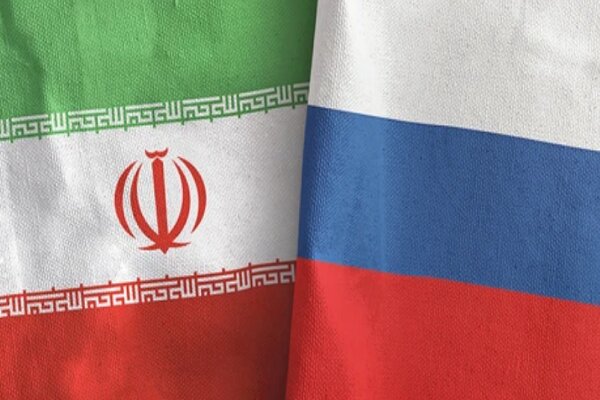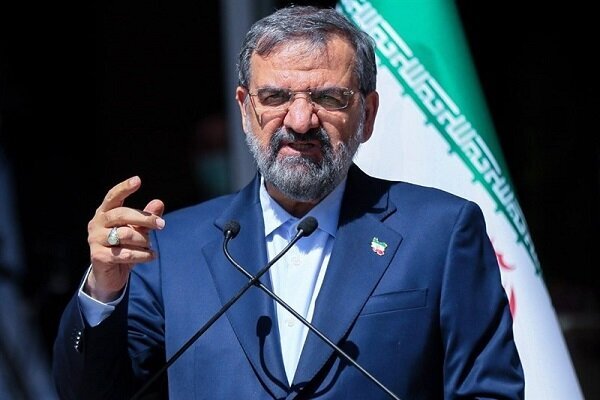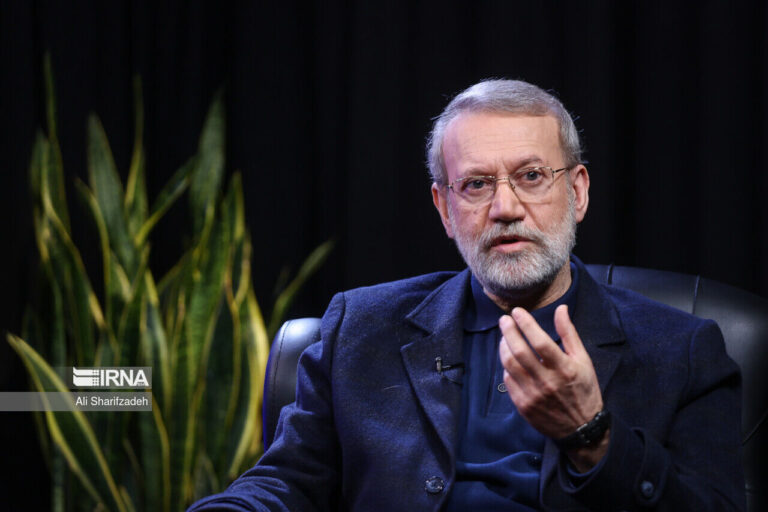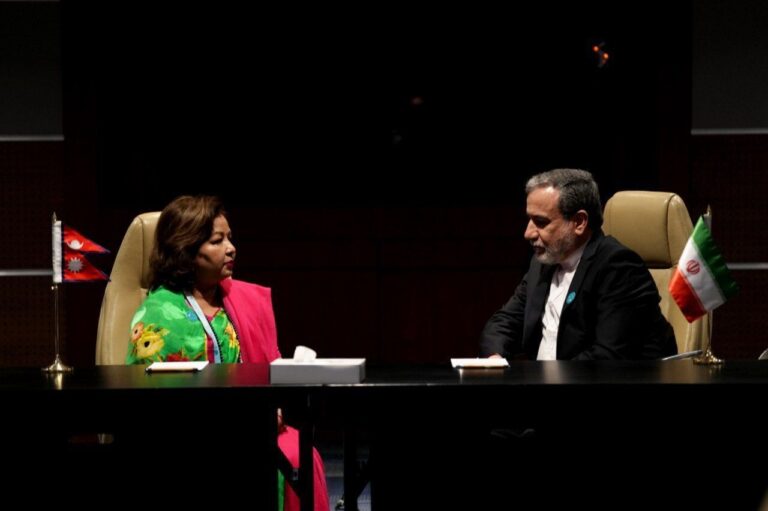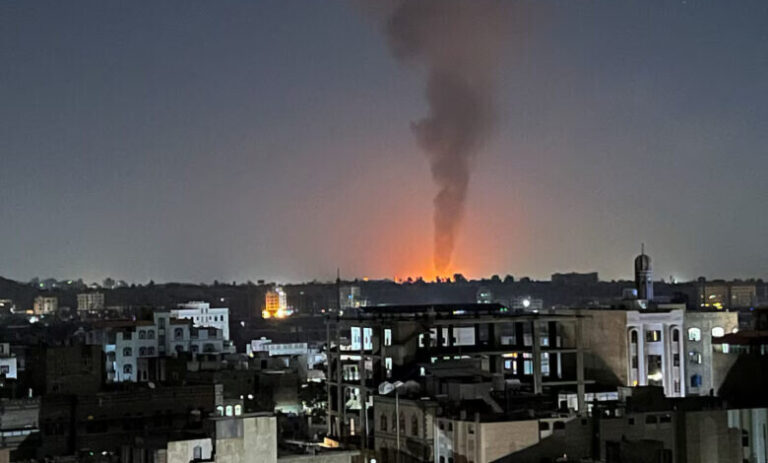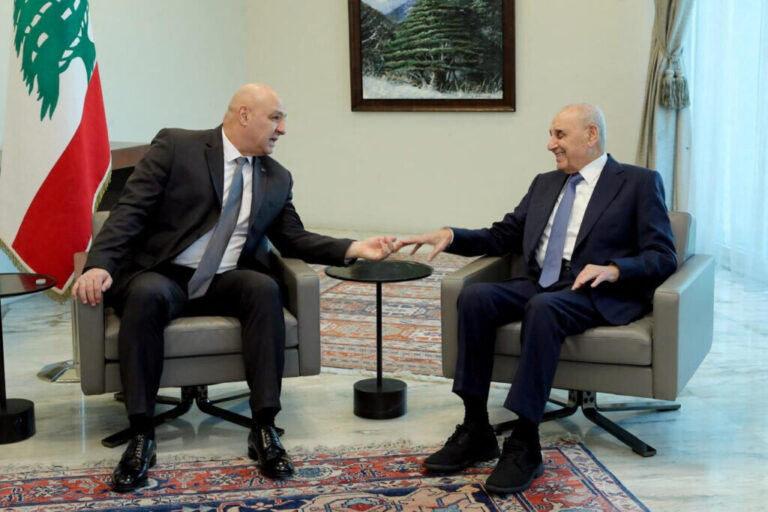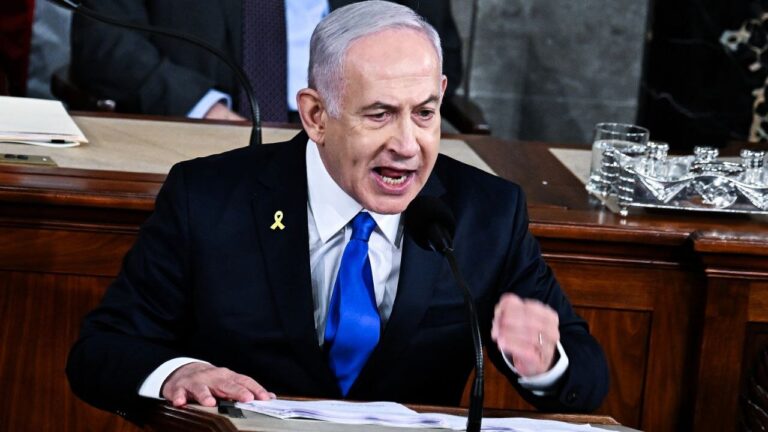Russia Refuses Military Support to Iran: Treaty Terms Under Scrutiny
In recent developments concerning international relations, Russia’s stance on military assistance to Iran has come under scrutiny. This comes in the context of heightened tensions between the United States and Iran, highlighting the nuances of international agreements and partnerships.
According to Andrei Rudenko, Russia’s Deputy Foreign Minister, the country is not bound to provide military support to Iran should the U.S. decide to launch an attack. This statement was made in response to queries regarding the implications of the Comprehensive Strategic Partnership Agreement established between Russia and Iran.
The situation escalated earlier today when the State Duma ratified this agreement, which was initially signed in Moscow on January 17 of this year. Here are some key points about this partnership:
- Purpose of the Agreement: The Comprehensive Strategic Partnership Agreement aims to strengthen bilateral ties between Russia and Iran across various sectors, including military, economic, and cultural exchanges.
- Political Context: The agreement is significant in the backdrop of U.S.-Iran tensions, particularly considering ongoing sanctions and military posturing.
- Implications for Regional Security: Russia’s position may influence regional dynamics, as Iran seeks to bolster its defense capabilities amid external pressures.
- Future Collaborations: The partnership is expected to pave the way for enhanced cooperation in energy, trade, and military technology.
Rudenko’s remarks reflect a cautious approach from Russia, as it navigates its complex relationship with both Iran and the United States. He emphasized that while the agreement fosters closer ties, it does not automatically entail military intervention in the event of conflict.
Furthermore, the ratification of the Comprehensive Strategic Partnership Agreement signifies a pivotal moment in Russia-Iran relations, potentially altering the balance of power in the region. Analysts suggest that this partnership could serve as a counterbalance to U.S. influence in the Middle East.
In light of these developments, it is essential to understand the broader implications of the agreement:
- Enhanced Military Cooperation: The partnership could lead to advanced military collaborations, including joint exercises and technology transfers.
- Economic Ties: Increased trade relations may result from the agreement, particularly in energy and infrastructure sectors.
- Geopolitical Shifts: The strengthening of Russia-Iran relations might provoke responses from other regional powers and the U.S., potentially leading to further geopolitical tensions.
- Strategic Alliances: This partnership may encourage other nations to reconsider their alliances, particularly in the context of U.S. foreign policy.
As the situation develops, it remains to be seen how the U.S. will respond to this burgeoning alliance between Russia and Iran. The ratification of the Comprehensive Strategic Partnership Agreement is a clear indicator that both nations are committed to deepening their cooperation, particularly in a time of global uncertainty.
In summary, while Russia has stated it is not obligated to provide military assistance to Iran in the event of an attack by the United States, the Comprehensive Strategic Partnership Agreement signifies a significant commitment to mutual support and collaboration. As international relations continue to evolve, the implications of this partnership will undoubtedly be closely monitored by global leaders and analysts alike.
